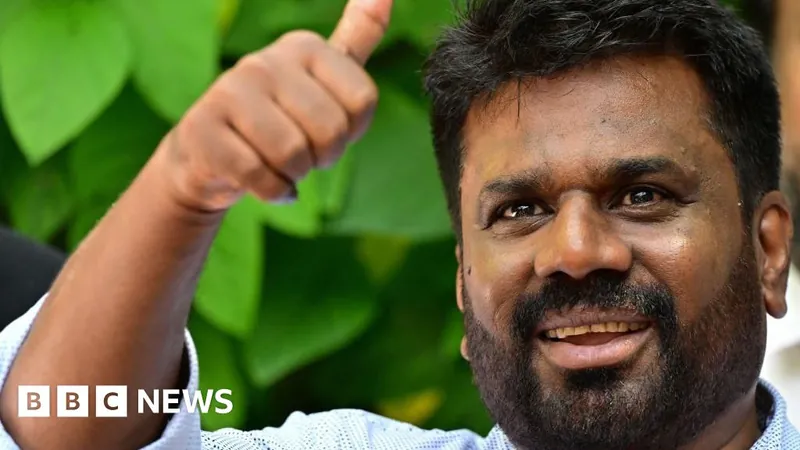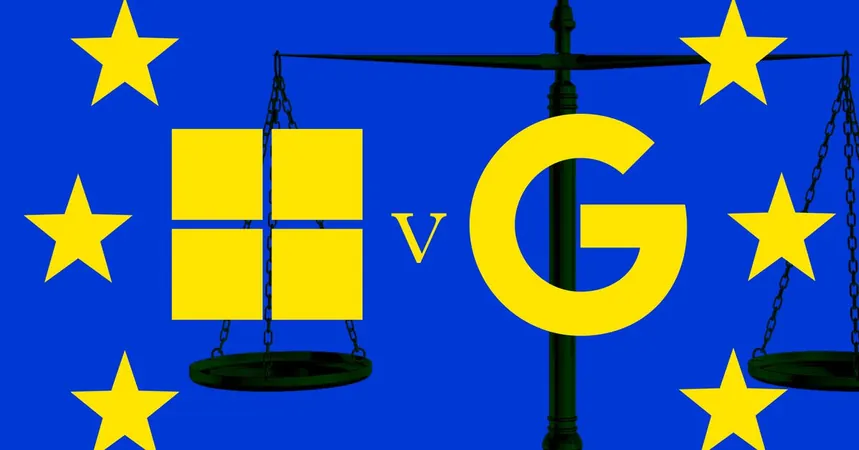
Breaking News: Sri Lanka's New President Shakes Up Politics with Parliament Dissolution!
2024-09-24
In a bold political move, Sri Lanka's newly elected president, Anura Kumara Dissanayake, has officially dissolved parliament, paving the way for a snap general election set for November 14. This decision comes nearly a year ahead of the scheduled elections, highlighting the president's urgency to secure a mandate for his progressive reforms.
Dissanayake's left-leaning National People's Power (NPP) alliance currently holds only three seats in the 225-member parliament, illustrating the uphill battle he faces to reshape the political landscape. He previously indicated his intention to dissolve parliament just after his election victory, asserting that maintaining a parliament disconnected from the populace was futile.
This election marks a significant transition for the political climate in Sri Lanka, coming on the heels of a severe economic collapse in 2022 that ignited widespread protests and resulted in the resignation of former President Gotabaya Rajapaksa. Remarkably, Dissanayake's ascent to the presidency reflects a dramatic rebound; in the 2019 election, he garnered only 3% of the vote.
At the same time, Dissanayake appointed Harini Amarasuriya as prime minister, making her only the third woman in Sri Lanka's history to hold the position. A former university lecturer and public activist, Amarasuriya, 54, has taken on ministerial responsibilities in justice, education, and labor. She has long campaigned for social justice, including youth development, child protection, and gender equality. Notably, her election is historic as she is the first academic to become prime minister, following the legacy of Sirimavo Bandaranaike and Chandrika Bandaranaike Kumaratunga.
Dissanayake’s government now faces immediate challenges, particularly in renegotiating a $2.9 billion bailout deal with the International Monetary Fund (IMF). He has acknowledged the profound hardships faced by the citizens and is calling for collective efforts to tackle the ongoing crisis.
With the upcoming elections, political analysts suggest there could be significant shifts in power dynamics, potentially leading to a transformed approach to governance in Sri Lanka. Will Dissanayake's vision resonate with the electorate? The nation watches closely as history unfolds.


 Brasil (PT)
Brasil (PT)
 Canada (EN)
Canada (EN)
 Chile (ES)
Chile (ES)
 España (ES)
España (ES)
 France (FR)
France (FR)
 Hong Kong (EN)
Hong Kong (EN)
 Italia (IT)
Italia (IT)
 日本 (JA)
日本 (JA)
 Magyarország (HU)
Magyarország (HU)
 Norge (NO)
Norge (NO)
 Polska (PL)
Polska (PL)
 Schweiz (DE)
Schweiz (DE)
 Singapore (EN)
Singapore (EN)
 Sverige (SV)
Sverige (SV)
 Suomi (FI)
Suomi (FI)
 Türkiye (TR)
Türkiye (TR)